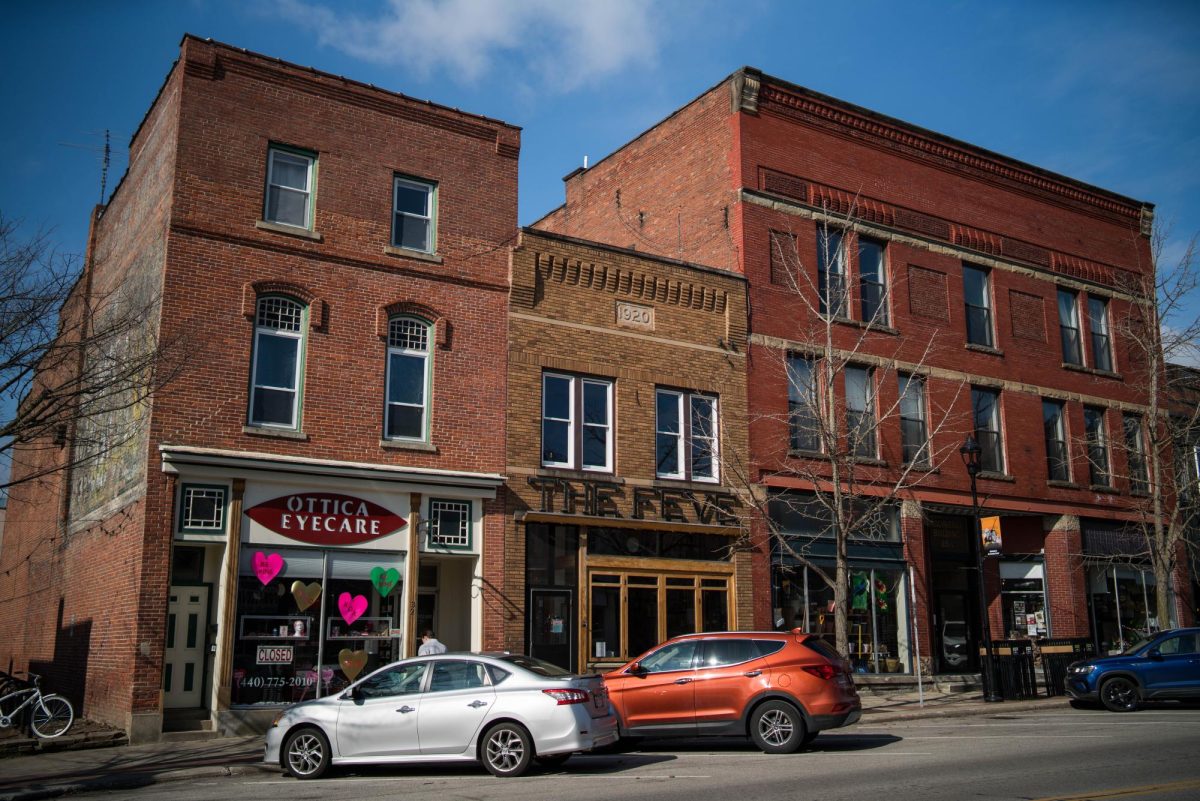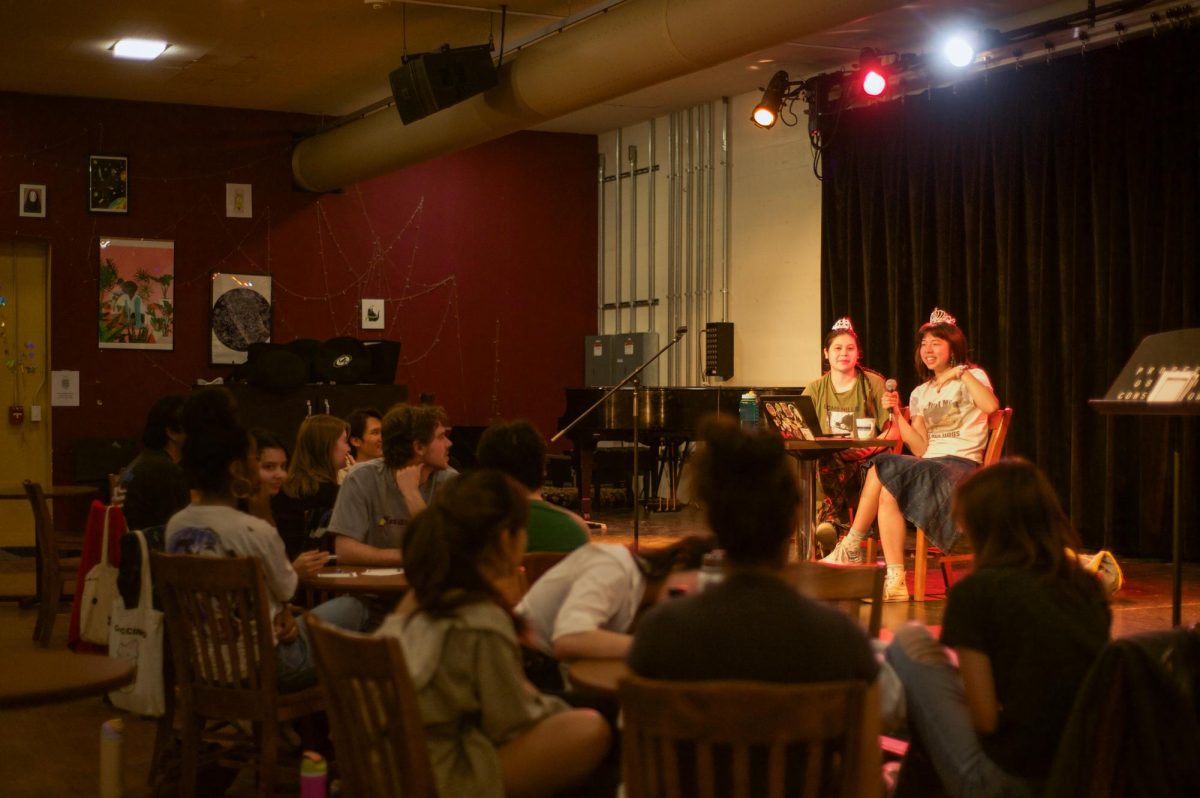Student Representation Imperative for Long-Term Change
September 22, 2017
This article is part of the Review’s Student Senate column. In an effort to increase communication and transparency, Student Senators will provide personal perspectives on recent events on campus and in the community.
“What does Student Senate even do?” is a question I am asked quite frequently. In short, we do a lot, but much of our work is behind the scenes. We appoint students to institutional committees and act as an official liaison between students and the general administration, among other responsibilities. We even feed students over fall break — a task the administration never took up as its responsibility.
While most of our work is done outside of the spotlight, we’ve been engaged in a very public fight for student agency and input within Oberlin’s administrative decision making. While some of Senate’s day-to-day business may be boring to some, what we’re doing now is actually important — and it’s time for everyone to understand that they have a dog in the fight.
In May 2016, Senate wrote a letter to the Board of Trustees advocating for student presence in critical decision-making. Since then, the board has very slowly considered this request and various proposals along the same line. Even though the board initially denied our request, Senate has since been able to secure a student-trustee task force dedicated to exploring this idea — all thanks to sustained student organizing last spring. A recommendation has been made, but the board postponed voting on the matter this summer. The board will return to campus in two weeks, and this time around we are expecting a vote.
Student representation on the board isn’t the only fight Senate has been engaged in. Last semester, Senate introduced a measure to the General Faculty advocating for a Central Budgeting Committee — a group that would be responsible for holding Oberlin accountable to its philosophy of shared governance. People from all of Oberlin’s various constituencies would sit on the committee — students, faculty, administrators, union and non-union staff — to develop a budget that is financially responsible and inclusive of the needs of Oberlin’s diverse communities. Importantly, it would operationalize Oberlin’s shared governance model from one of ideals to one of practice.
Something has to give. The board has a fiduciary responsibility to Oberlin as an institution. While many of Oberlin’s challenges couldn’t have been foreseen, many of them arose from financial irresponsibility. They arose from the continued neglect of student knowledge. Student Senate submitted a unanimous vote of no confidence to the strategic plan. We knew the implementation groups had wide gaps — mainly a lack of power to implement anything. Our foresight, as has been the case on several other issues, proved to be true.
Why does this all matter? Senate wants substantive student engagement in Oberlin’s institutional decision-making processes. Confusing? A little bit. But it’s also simple. Oberlin’s not broke, but our current financial model is unsustainable. This isn’t the only option on the table; the elephant in the room is that more cuts are all but inevitable.
Things are already being cut. Departments across the board were informed of a cumulative budget cut of at least five percent over the next decade. Your favorite department is at risk of losing funding; wouldn’t you prefer that students be in the room to vouch for it? We, as a community, are at a point where we must determine what is of value to us. We have to engage in the hard work of prioritizing, making hard judgements, and picking what may often be the lesser of two evils. In all of this it’s the “we” that’s important. It’s being at the table.
Before Solange sang about A Seat at the Table, there was Shirley Chisholm. The first Black woman elected to U.S. Congress and the first Black candidate to run for a major party’s presidential nomination, Chisholm once said, “If they don’t give you a seat at the table, bring a folding chair.” Well, it’s time to bring out our folding chairs — the moment has never been so ripe.












